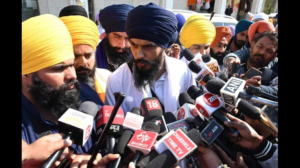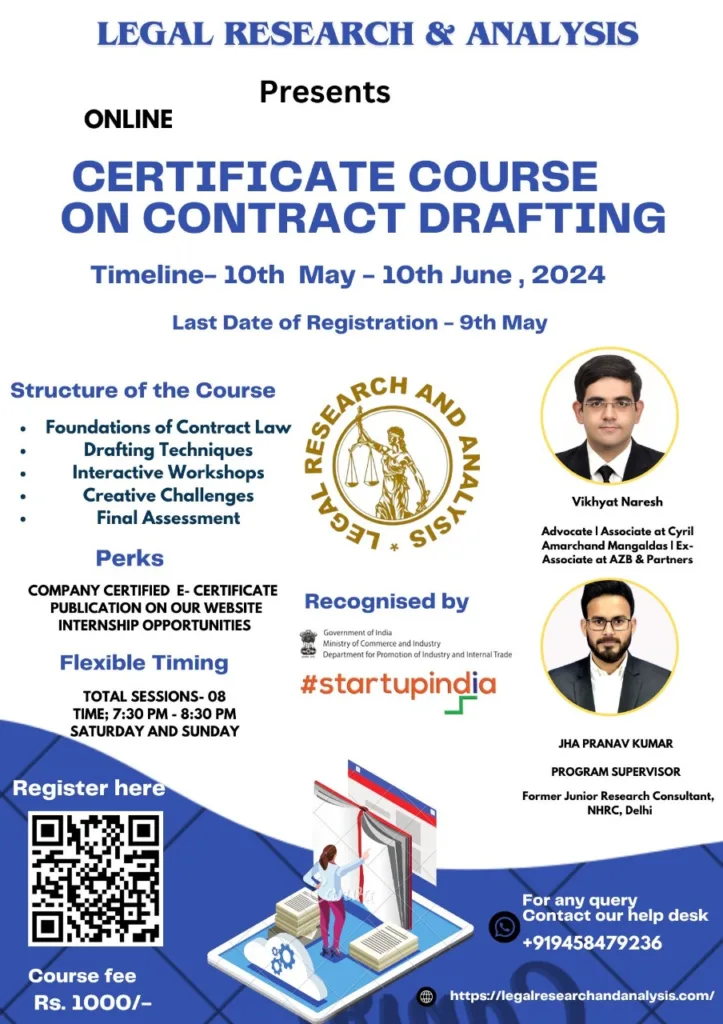
Unravelling the Roots of the Khalistani Movement: Understanding the Historical, Political, and Economic Context

Introduction to Khalistani Movement
The Khalistani movement has been a significant challenge for India, with its roots in the complex history of Punjab and the Sikh community’s perceived discrimination by the Indian government. In recent years, there have been several incidents of attacks on Indian missions in the UK and US by Khalistani activists, raising concerns about the safety and security of Indian diplomats and citizens abroad.
The Indian government has taken several steps to address the issue, including lodging formal protests, initiating legal action against perpetrators, and increasing security measures at its missions. However, the incidents have highlighted the need for greater international cooperation in addressing terrorism and extremism.
Background of the Khalistani Movement:

The Khalistani movement emerged in the late 1970s and early 1980s in response to perceived discrimination against the Sikh community in India. The movement seeks to establish a separate Sikh state, called Khalistan, in the Punjab region of India.
The movement gained momentum in the 1980s with the rise of militant groups like the Babbar Khalsa and the Khalistan Commando Force, which carried out a series of violent attacks against Indian authorities and civilians. The movement suffered a setback in the 1990s following a crackdown by the Indian government, but it has continued to attract support from some Sikhs in India and abroad.
Recent Attacks on Indian Missions:

In recent years, there have been several incidents of attacks on Indian missions in the UK and US by Khalistani activists. These attacks have included vandalism of Indian consulate buildings, harassment of Indian officials, and the waving of Khalistani flags during protests. These incidents have raised concerns about the safety and security of Indian diplomats and citizens abroad and have strained India’s relations with the UK and the US.
Response of Indian Government:
The Indian government has taken several steps to address the attacks on its missions, including lodging formal protests with the UK and US governments, initiating legal action against the perpetrators, and increasing security measures at its missions. The government has also sought the cooperation of foreign governments in cracking down on Khalistani activists and groups operating in their countries.
International Response:
The attacks on Indian missions by Khalistani activists have been condemned by several countries, including the UK and US. However, some countries have been criticized for not taking strong enough action against Khalistani groups operating on their soil. The incidents have highlighted the need for greater international cooperation in addressing terrorism and extremism.
Root Causes of the Khalistani Movement:
The Khalistani movement has its roots in the complex history of Punjab, which has experienced political, economic, and social upheaval in recent decades. Some Sikhs feel that their community has been marginalized and discriminated against by the Indian government, leading to resentment and a desire for a separate state. Economic factors, such as the decline of agriculture and the rise of unemployment, have also contributed to the growth of the movement.
Implications for Indian Diaspora:
The attacks on Indian missions and the growth of the Khalistani movement have had significant implications for the Indian diaspora in the UK, the US, and other countries. Many Sikhs feel that they are unfairly targeted by law enforcement and face discrimination and harassment. The incidents have also led to a sense of insecurity and fear among Indian expatriates, who worry about their safety and the safety of their families.
Role of Social Media:
Social media has played a significant role in promoting the Khalistani movement and inciting violence against Indian missions. Khalistani activists have used social media platforms to spread their message, organize protests, and recruit new members. The challenge of regulating social media and preventing the spread of extremist content has become a major concern for governments around the world.
Strategies for Countering Khalistani Movement:

To counter the Khalistani movement, the Indian government and other stakeholders must adopt a multi-pronged approach that addresses the root causes of the movement, including political, economic, and social factors.
This may involve greater efforts to promote economic development in Punjab, address grievances of the Sikh community, and crack down on Khalistani groups operating abroad. Diplomatic efforts, legal action, and international cooperation will also be essential to prevent future attacks on Indian missions and promote peace and stability in the region.
Conclusion:
The Khalistani movement is a complex issue with far-reaching implications for India, its diaspora, and the international community. While the Indian government has taken steps to address the issue, including diplomatic efforts, legal action, and increased security measures, there is a need for a comprehensive, multi-pronged approach that addresses the root causes of the movement, including political, economic, and social factors.
This may involve greater efforts to promote economic development in Punjab, address grievances of the Sikh community, and crack down on Khalistani groups operating abroad. It is also essential to promote international cooperation in countering terrorism and extremism and regulating social media to prevent the spread of extremist content. Only through sustained efforts can we hope to promote peace and stability in the region and prevent future attacks on Indian missions and citizens.







